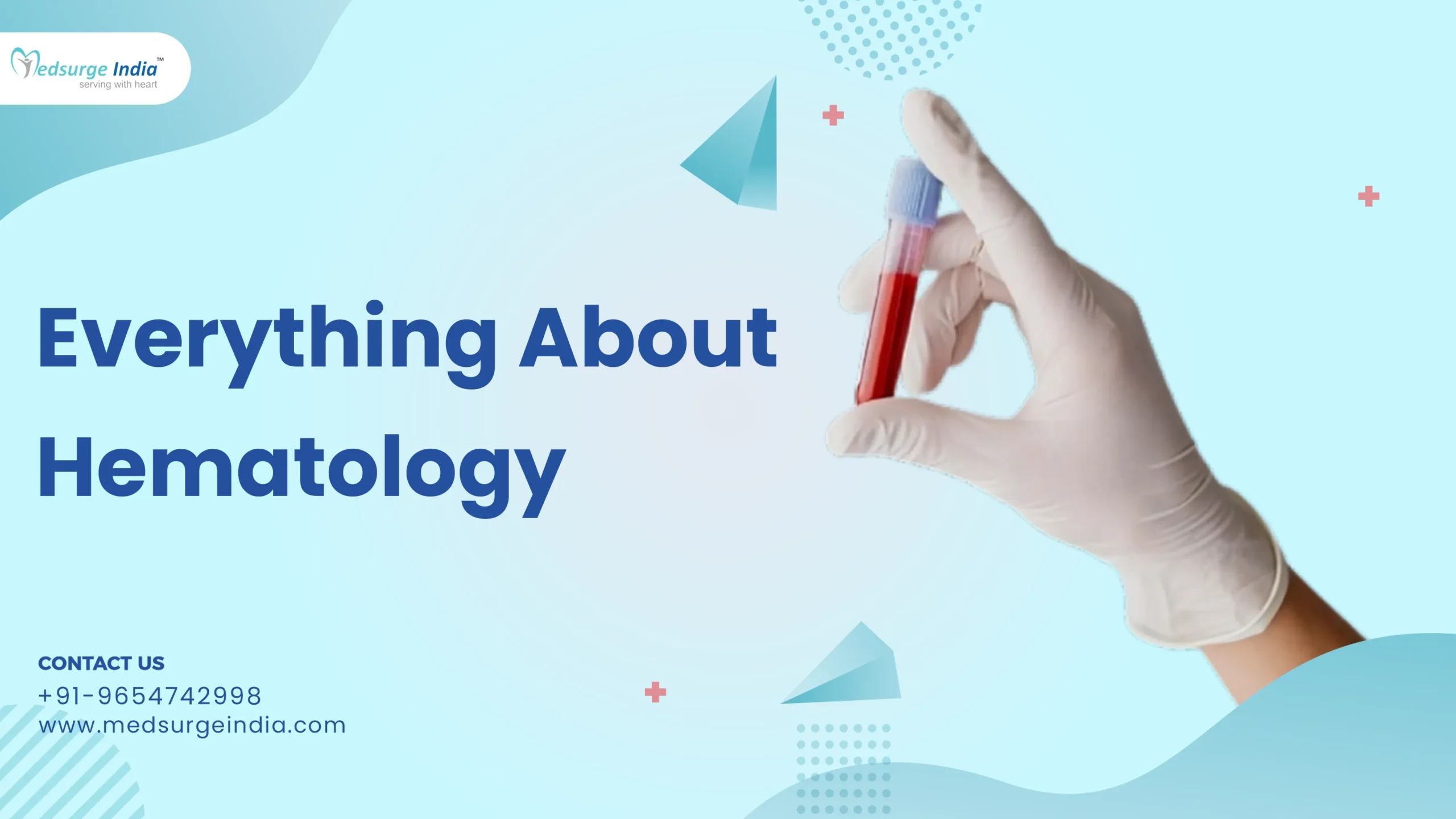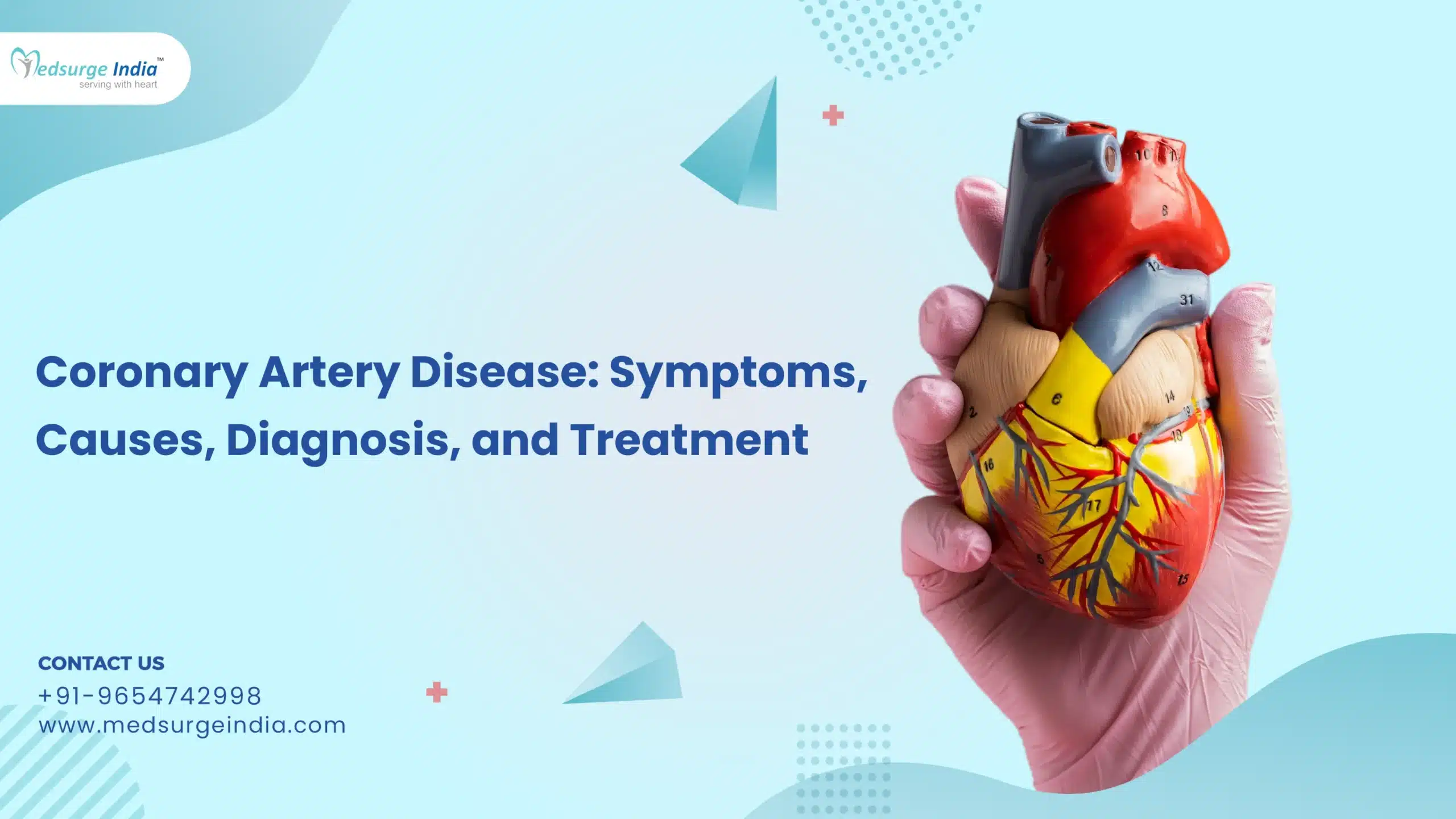
Everything About Hematology
A human body’s various functions can be hindered and a variety of complications can arise due to issues related to blood. For this reason, the field of hematology which focuses on the study and treatment of blood disorders has emerged as a subspeciality within the realm of internal medicine.
Here in this blog, we will delve into hematology and what is means.
What is Hematology?
Hematology is the study of blood which involves the examination of blood-related conditions or disorders. Hematologists and hematopathologists are skilled and highly medical professionals who focus on disorders affecting blood and its components, such as blood cells and bone marrow.
This field seeks to understand the causes of blood-related problems, how it affect a person’s health, and how to address them. Through a hematological test, conditions such as infections, blood clotting disorders, anemia, and leukemia are diagnosed.
Hematology encompasses various subspecialties, each dedicated to specific facets of blood and blood-related disorders, making it a multifaceted discipline.
Types of Hematology include the Following
Hematopathology: Hematopathologists specialize in the examination of blood and bone marrow samples to diagnose diseases like leukemia, lymphoma, and myelodysplastic syndromes through a detailed analysis of blood cells and tissues.
Bone Marrow Transplantation: This area involves transplanting bone marrow or stem cells to treat conditions such as leukemia, lymphoma, and specific genetic blood disorders.
Hemostasis and Thrombosis: Hemostasis specialists study the balance between clotting and bleeding, managing conditions like bleeding disorders (e.g., von Willebrand disease) and thrombotic disorders (e.g., deep vein thrombosis).
Benign Hematology: This subfield focuses on non-cancerous blood disorders, such as iron-deficiency anemia, immune thrombocytopenia, and autoimmune hemolytic anemia.
Coagulation and Thrombosis: Hematologists with expertise in coagulation and thrombosis research the blood clotting processes. They diagnose and treat diseases such as hemophilia, deep vein thrombosis, and thrombophilia.
Transfusion Medicine: This branch focuses on blood transfusion by ensuring safe and effective blood products for patients. It includes blood banking, compatibility testing, and managing transfusion reactions.
Hemoglobinopathy: Specialists in hemoglobinopathy concentrate on genetic conditions like sickle cell anemia and thalassemia, which impact the structure and function of hemoglobin, a protein in red blood cells.
Pediatric Hematology: Pediatric hematologists address blood disorders in children, including pediatric leukemia, anemia, and bleeding disorders.
Methods of Hematology/Hematology Treatment
Hematology treatments involve a variety of interventions designed to address different blood disorders. The specific approach utilized is determined by the specific type and severity of the disorder. Here is a summary of the typical procedures used in hematology treatment:
Medication Management: Various medications are utilized to treat blood disorders. For instance, anemia caused by nutritional deficiencies may necessitate the use of iron supplements, while clotting disorders can be managed with anticoagulants. In conditions like deep vein thrombosis, blood thinners can be effective in preventing clotting.
Blood transfusions: Transfusions involve the administration of blood or blood products, such as red blood cells, platelets, or plasma, to address deficiencies or treat severe anemia, bleeding disorders, or conditions where the bone marrow is not functioning properly.
Chemotherapy: Patients with blood cancers like leukemia, lymphoma, and multiple myeloma often require chemotherapy. These medications specifically target and eliminate cancerous blood cells and can be administered orally, intravenously, or directly into the spinal fluid.
Also Read: Chemotherapy Cost in India
Bone Marrow Transplant (BMT): BMT is a procedure that involves replacing a patient’s diseased bone marrow with healthy stem cells. It is commonly used to treat conditions such as leukemia and aplastic anemia. There are two primary types of BMT: autologous, which uses the patient’s own cells, and allogeneic, which uses donor cells.
Also Read: Bone Marrow Transplant Cost in India
Hematopoietic Stem Cell Transplantation (HSCT): HSCT is a specialized form of bone marrow transplantation that involves transplanting hematopoietic stem cells to restore a functional blood and immune system. It is utilized for various conditions, including hematological malignancies and certain immune disorders.












